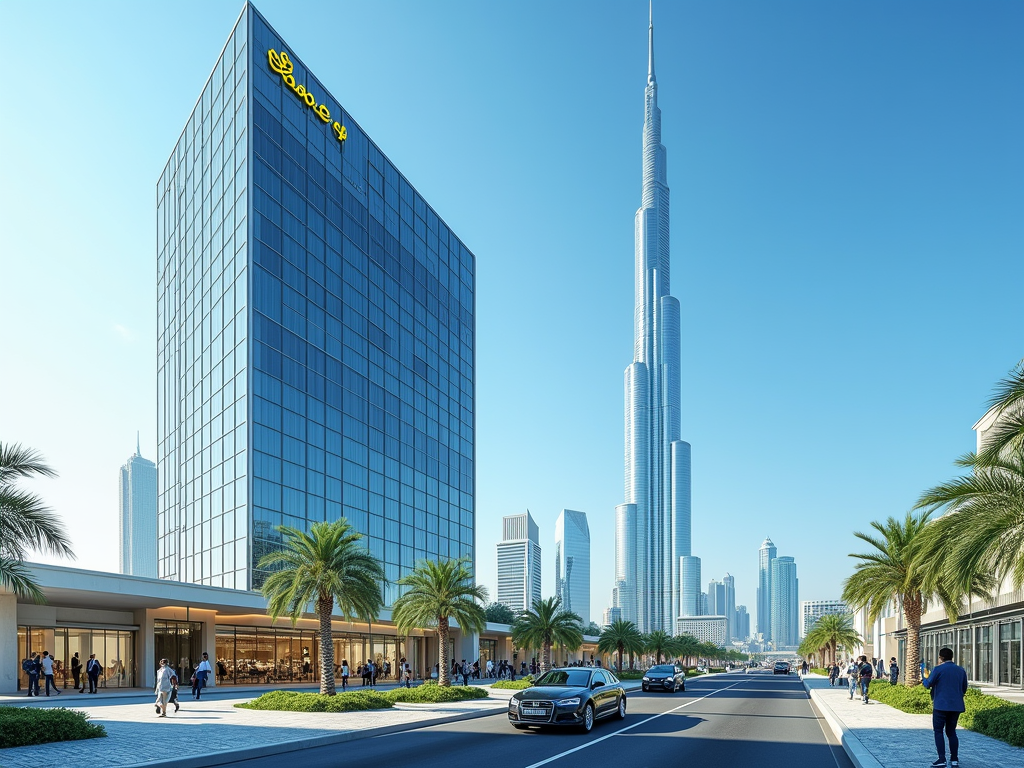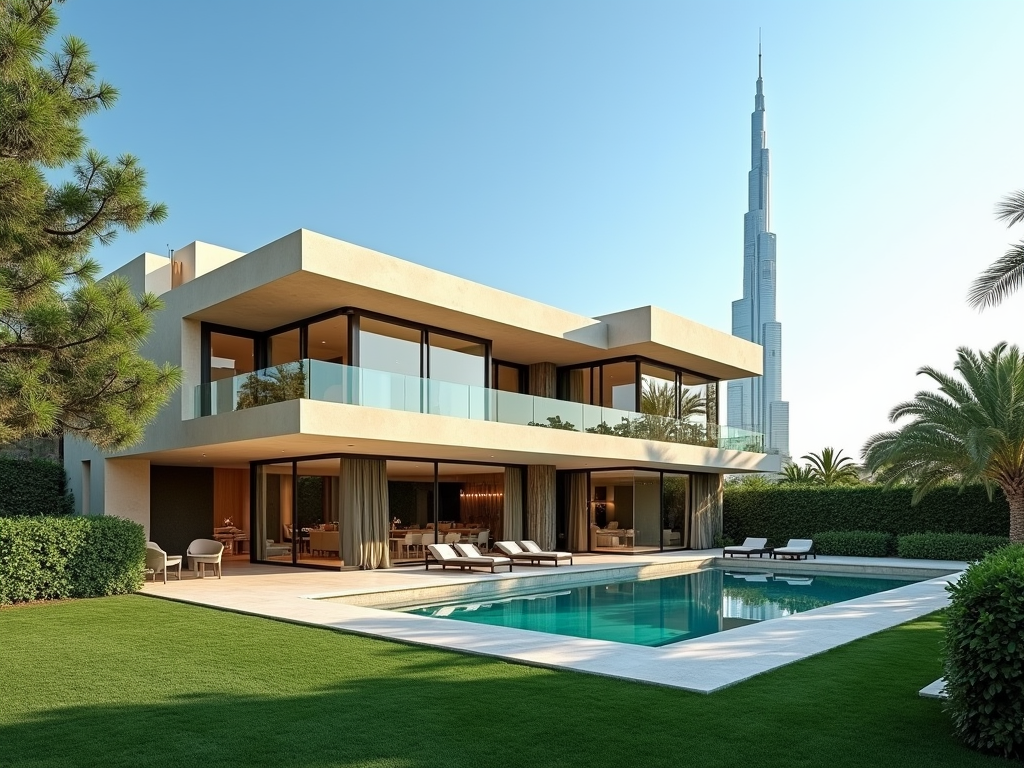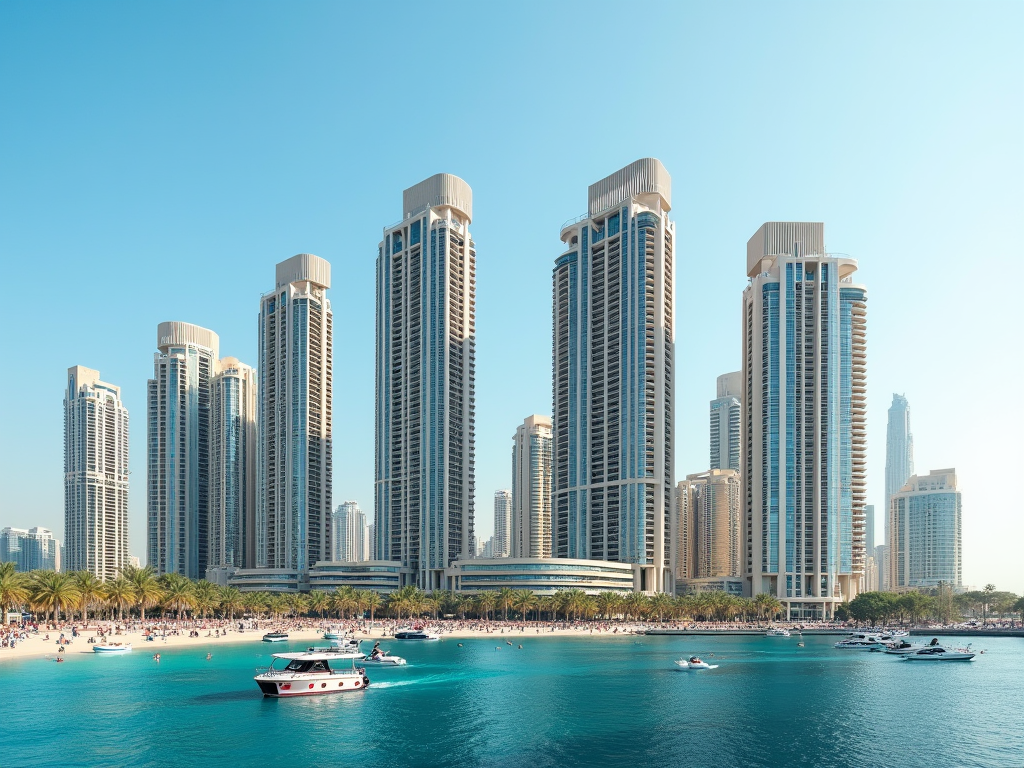Dubai’s commercial property market presents a wealth of opportunities for investors looking to capitalize on the city’s rapid growth and strategic positioning as a global business hub. The emirate has seen a surge in demand for commercial real estate, driven by factors such as economic diversity, government initiatives, and significant foreign investment. This article will delve into the current trends, types of property, potential returns, and investment strategies that make Dubai an appealing destination for commercial property investment.
Current Trends in Dubai’s Commercial Property Market
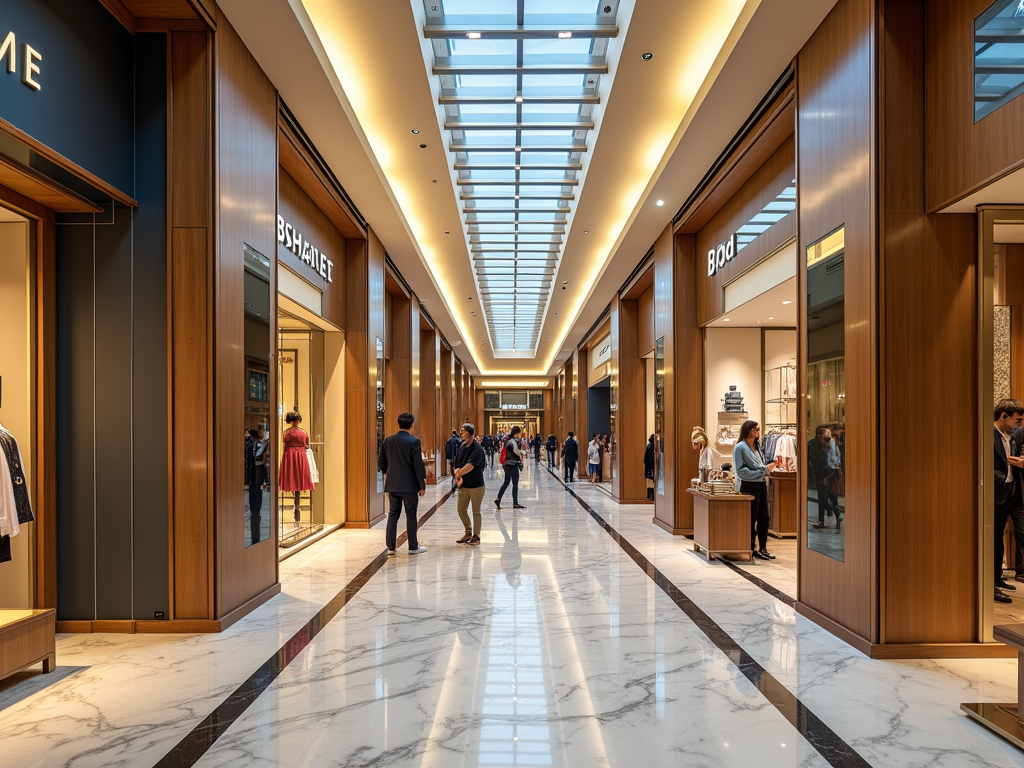
The commercial property market in Dubai is currently characterized by a dynamic landscape that is responding adeptly to global economic shifts. According to recent reports, demand for office spaces and retail units is on the rise, fueled by the UAE’s robust economic fundamentals and proactive government policies aimed at fostering a business-friendly environment. Major trends shaping the market include:
- Increased Foreign Investment: The UAE has witnessed a substantial influx of foreign investors driven by attractive policies and foreign ownership laws.
- Growth of Free Zones: Dubai’s numerous free zones offer tax benefits and ease of doing business, further attracting businesses to set up in the region.
- Sustainable Developments: There is a noticeable shift toward sustainable and eco-friendly commercial properties, appealing to investors focused on long-term value.
This convergence of trends signifies a resilient market that continues to be a top choice for commercial investment in the Middle East.
Types of Commercial Properties Available
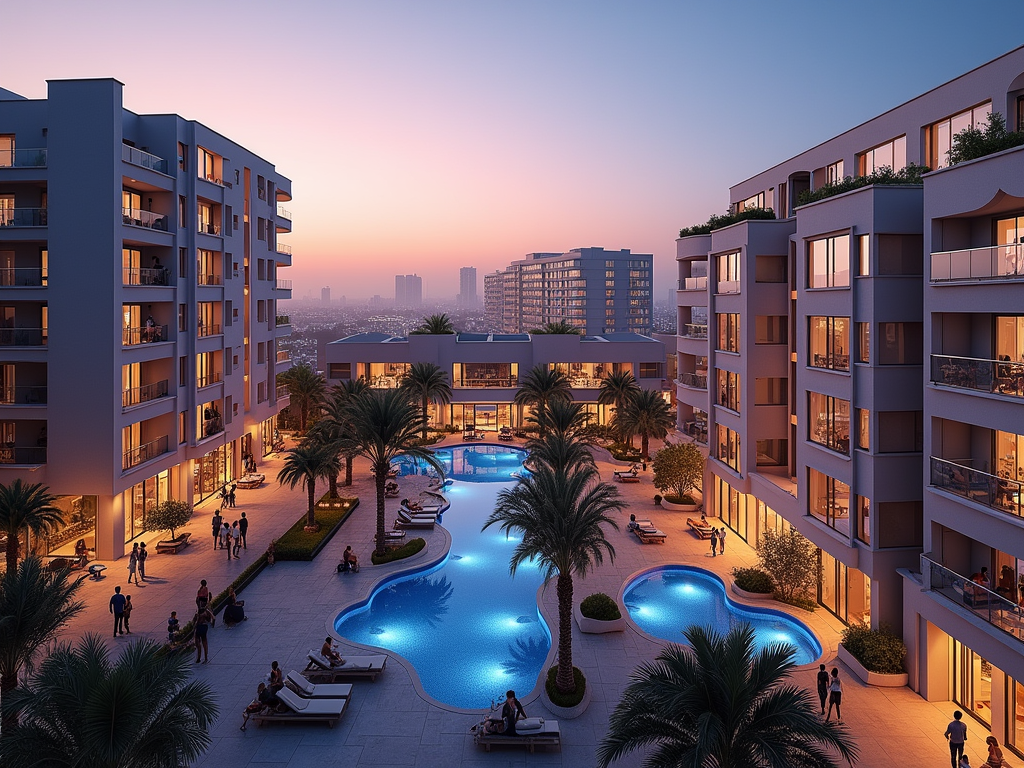
Investors in Dubai’s commercial real estate market can choose from a diverse array of property types. Each type offers unique advantages and potential returns. Some of the key categories include:
- Office Spaces: These are in high demand, particularly in business districts like DIFC and Downtown Dubai, due to the influx of multinational companies.
- Retail Units: With increasing consumer spending and a thriving tourism sector, Dubai’s retail spaces are lucrative, especially in popular malls and shopping districts.
- Warehousing and Industrial: As e-commerce continues to soar, the demand for logistics and storage facilities is expected to rise significantly.
- Mixed-Use Developments: These properties combine residential, commercial, and hospitality functions, appealing to lifestyle preferences of modern residents.
Selecting the right property type can significantly influence the profitability and longevity of an investment.
Investing in Dubai’s commercial property markets can yield attractive returns, often above those available in more traditional investment avenues. The rental yields in Dubai typically range from 6% to 10%, depending on the property type and location. Factors influencing these returns include:
- Location: Prime locations offer higher rental yields and property appreciation over time.
- Market Demand: Understanding current demand trends helps in selecting properties with high occupancy rates.
- Economic Growth: The UAE’s economic indicators, such as GDP growth and tourism rates, play a critical role in driving property values upward.
Savvy investors who are informed about market dynamics can maximize their investment outcomes significantly.
Investment Strategies for Success
Leveraging the opportunities in Dubai’s commercial property market requires informed strategies that align with individual investment goals. Here are several effective strategies for prospective investors:
- Diversification: Consider investing in various types of properties to mitigate risks and capitalize on different market segments.
- Long-Term Leasing: Opt for properties with established tenants to ensure consistent cash flow.
- Research and Analysis: Keep abreast of market changes and trends to redefine strategies swiftly.
- Engage Local Experts: Collaborating with local real estate agents or legal advisors can provide insights that help navigate regulations and market conditions.
By employing these strategies, investors can effectively harness their investments while minimizing potential pitfalls.
Conclusion
Dubai’s commercial property market remains an attractive option for investors seeking fruitful opportunities in a vibrant and growing economy. With favorable trends, diverse property types, promising returns, and effective investment strategies, the market presents a compelling case for investment. It is essential for investors to conduct thorough research, seek expert guidance, and align their investment strategies with market dynamics to optimize their chances of success in this dynamic real estate environment.
Frequently Asked Questions
1. What factors are driving investment in Dubai’s commercial property market?
The main factors include a diversified economy, favorable government policies, tax incentives, a strategic location for international business, and a growing demand for commercial spaces.
2. What types of commercial property can I invest in Dubai?
Investors can choose from a range of property types including office spaces, retail units, industrial warehouses, and mixed-use developments.
3. How can I determine the potential returns on my investment?
Potential returns can generally be estimated by analyzing rental yields, market demand, property location, and economic growth indicators within Dubai.
4. Is it necessary to work with a local real estate agent when investing in Dubai?
While not mandatory, collaborating with a local real estate agent can provide valuable insights into market trends and regulatory requirements, enhancing your investment decision process.
5. Are there risks associated with investing in Dubai’s commercial property market?
Yes, like any investment, risks do exist including market fluctuations, changes in government regulations, and specific property-related issues. Conducting thorough research and due diligence is crucial to mitigate these risks.
